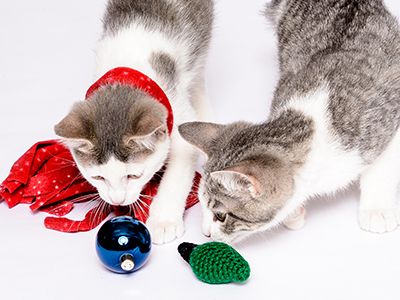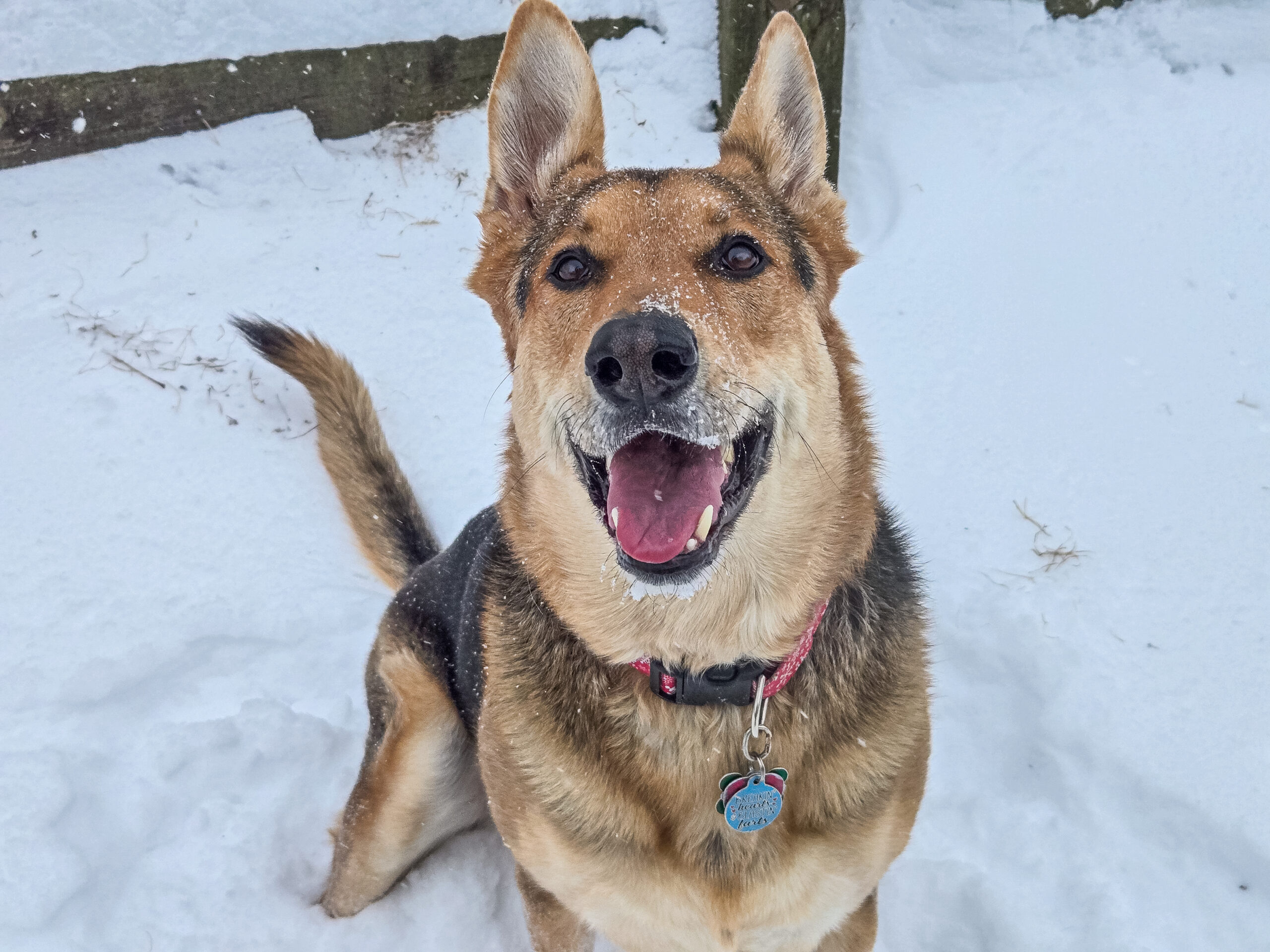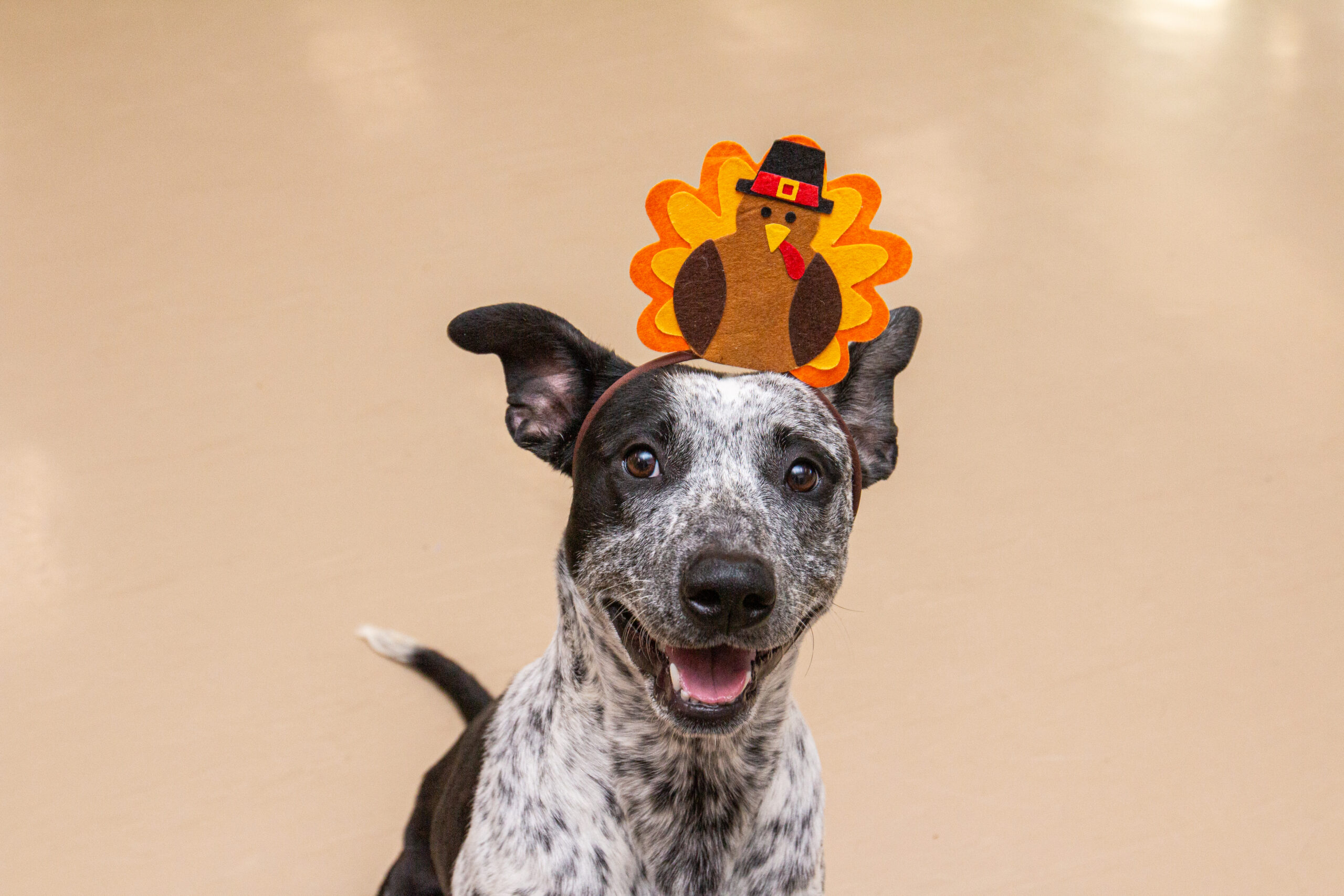Winter weather is here to stay. Here are some tips to keep your pets safe in cold temperatures. Iowa and surrounding areas are currently experiencing below freezing temperatures, be sure to keep your pets indoors as much as possible.
Know how much cold your pet can tolerate. Puppies, small dogs and older dogs have a lower tolerance for cold temperatures. Let them outside only to relieve themselves, or consider training them to use potty pads indoors.
Extra care for cold-weather dogs. If your dog is built for colder weather and enjoys playing in the cold, increase the amount of food they are given, specifically protein, to keep them healthy and their coats in good shape.
Provide a warm place to sleep. Make sure your pet has a warm place to sleep indoors away from drafts, and consider adding a blanket or pet bed for extra comfort. If your dog absolutely must stay outside, make sure they have adequate shelter and fresh, unfrozen water. Their shelter must keep them warm, with protection from the wind and dry bedding such as straw. Do not use blankets or hay for bedding, as they can absorb moisture and freeze. Dogs who are aging, undernourished or have medical conditions should not be out in the cold even with a doghouse.
Indoor cats and community cats. Keep indoor cats inside. They can get lost in wintery weather and become injured or worse. If you are caring for outdoor community cats, provide them with a warm place to sleep and access to unfrozen water and nutritious food. Always use dry bedding, such as straw, in their shelter. Do not use blankets or hay for bedding, as they can absorb moisture and freeze.
Keep dogs on a leash. Dogs that are let off-leash during the winter, especially during a snowstorm, have a greater chance of becoming lost. Make sure dogs are wearing ID tags and have been microchipped to increase the chances that they will be reunited with you if they become lost.
Clean off pets when they come indoors. Towel dry your dog’s paws, legs and stomach when they come in out of winter weather. Chemical agents used to melt ice can be dangerous for dogs to ingest while licking their paws. Snow and encrusted ice may also cause their paw pads to bleed.
Check twice before starting your car. Outdoor cats often climb under the hoods of vehicles to keep warm, putting them at risk of being injured or killed when the vehicle starts. Knock or bang loudly on the hood of your car before starting it to give cats a chance to escape.
Never leave your pet in a vehicle in cold weather. A vehicle acts as a refrigerator in cold temps, keeping the cold in and potentially causing the animal to freeze.
Antifreeze may be good for your car, but it is lethal for dogs and cats. Clean up any spills thoroughly and consider using products that contain propylene glycol rather than ethylene glycol.
Never shave your dog to the skin in the winter. Dogs need their coat to provide warmth. When you give your dog a bath in the winter, be sure they are thoroughly dry before letting them outside. For dogs with shorter fur, consider getting a coat or sweater that covers their body from the base of the tail to the belly. Keep their fur mat-free, since mats prevent fur from keeping them warm.




